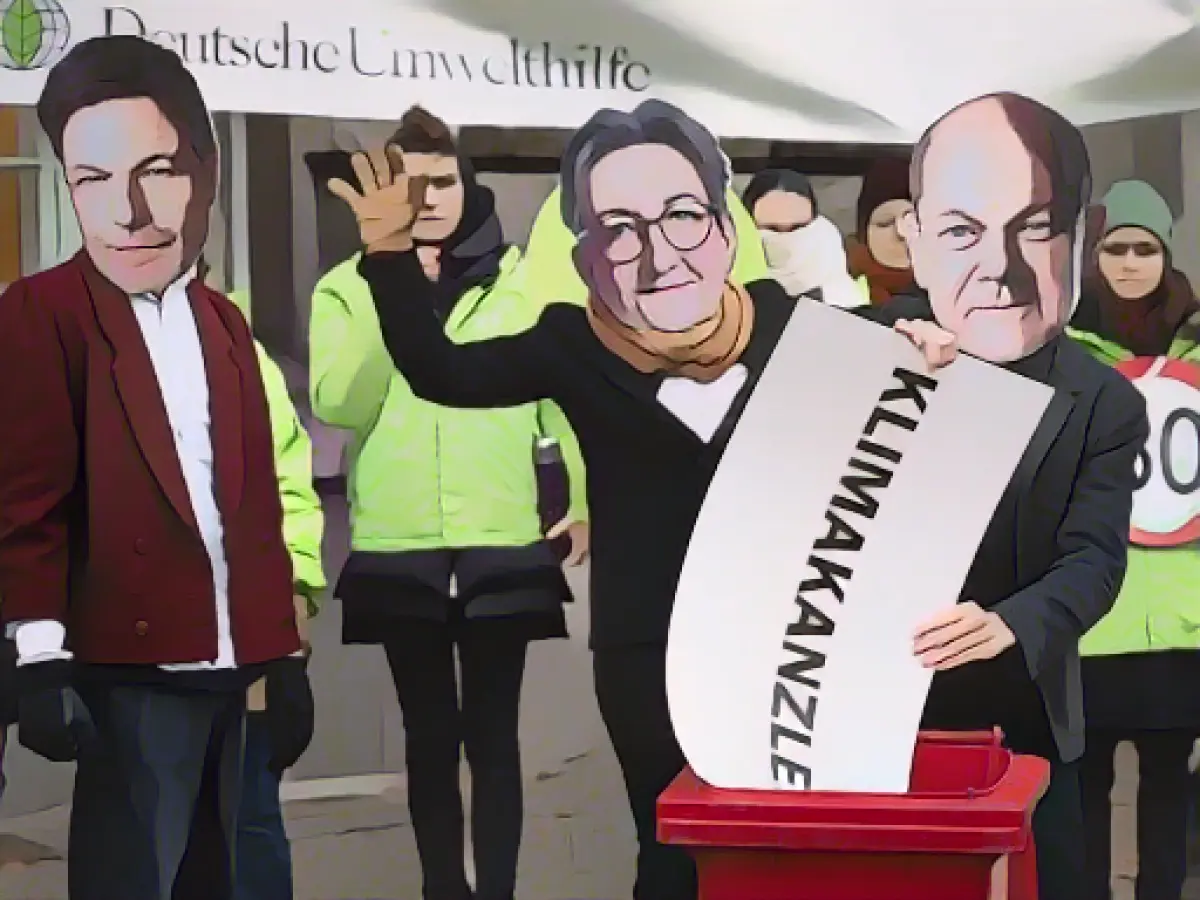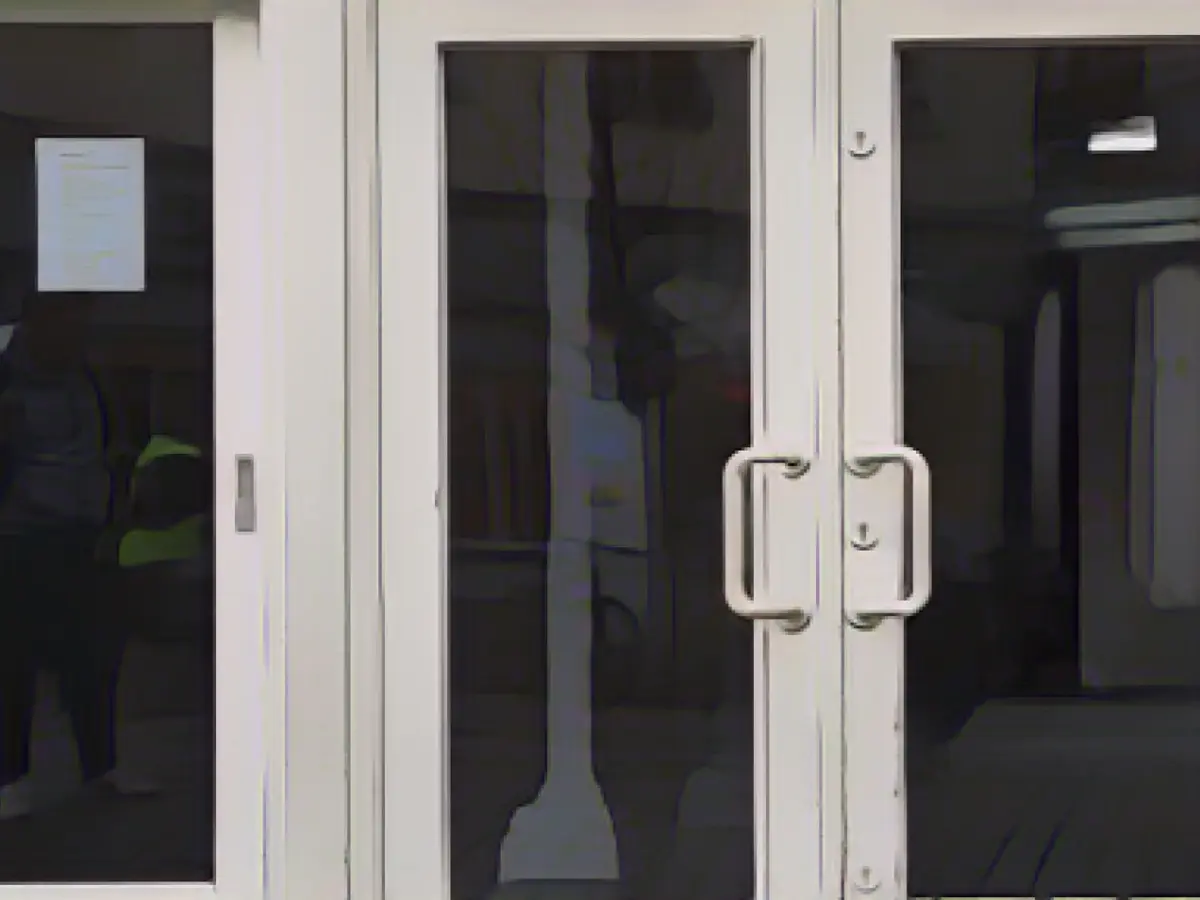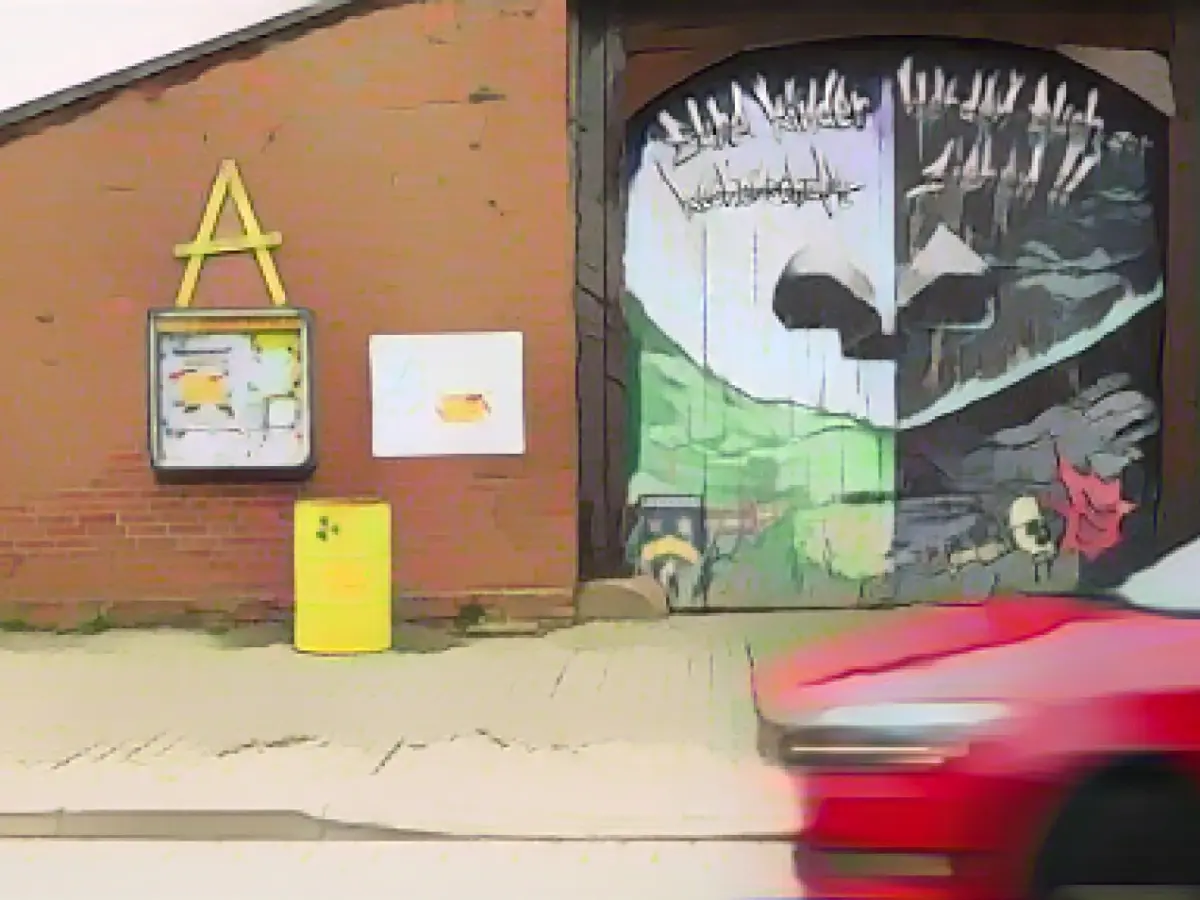Taking a proactive stance to meet climate targets, environmental groups like Deutsche Umwelthilfe (DUH) and Naturschutz Deutschland are pushing for the federal government to enforce its own climate legislation and implement robust CO2 reduction measures. Since Thursday, the Berlin-Brandenburg Higher Administrative Court (OVG) has been reviewing their complaints against the government, with a verdict expected on November 30.
In this three-part case, the plaintiffs argue for urgent programs to comply with specified annual emission levels in the building and transportation sectors outlined in the Climate Protection Act, until 2030. They contend that the current measures do not sufficiently adhere to the maximum allowable levels of harmful greenhouse gases in these sectors.
Duelling Responsibilities and Entitlement to Sue
The responsibilities for emergency programs lie within the relevant ministries, with the federal government deciding on the required measures. These lawsuits concern the climate targets in the transport and building sectors. Despite filing a total of five such lawsuits against the federal government, as per DUH's Federal Managing Director Jürgen Resch, the OVG scheduled further proceedings in February 2024.
The central debates in court focused on the environmental organizations' right to litigate. The court scrutinized the government's jurisdiction to regulate emission reduction targets beyond 2030, a verdict that the Federal Constitutional Court in Karlsruhe issued to the legislator in June 2021. Germany aims to become greenhouse gas-neutral by 2045 and reduce emissions by at least 65% by 2030.
The Saúl Luciano Lliuya vs. RWE Case: Indirect Challenges to Government Policies
Although the specific lawsuits do not challenge federal government climate policies, they contribute to a broader legal discourse on corporate accountability and climate change. To illustrate, the Saúl Luciano Lliuya vs. RWE case posits that a Peruvian farmer, Saúl Luciano Lliuya, is suing RWE for contributing to climate change and the ensuing flood risk at Lake Palcacocha in Peru. This lawsuit, like other similar cases in Europe and the U.S., seeks to establish whether large emitters like RWE must finance protection for affected individuals due to climate consequences.
The court hearing for this case is set for March 17 and 19, 2025, at the Higher Regional Court of Hamm (OLG Hamm) in Germany. Shifting focus back to the ongoing environmental lawsuits against the German federal government, the outcome of such cases can set a precedent for corporate responsibility in the face of climate change, indirectly impacting policy discussions.
The Legal Landscape of Environmental Lawsuits
In addition to the Saúl Luciano Lliuya vs. RWE case, there are various other environmental lawsuits in Europe and the U.S. that tackle various environmental concerns, such as greenhouse gas emissions, climate disinformation campaigns, and environmental permit violations. These legal challenges can shape the broader climate change landscape by shaping legal precedents and promoting transparency from government and corporations.
In this dynamic legal landscape, underlying concerns about government climate policies and corporate accountability are brought into focus. The environmental lawsuits in Germany and beyond provide a platform for individuals and organizations to advocate for legal remedies, ultimately holding parties responsible for their contribution to climate change and its consequences.








